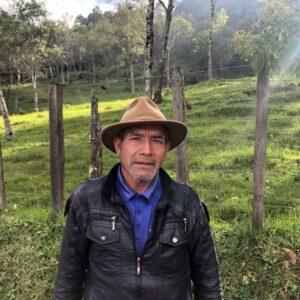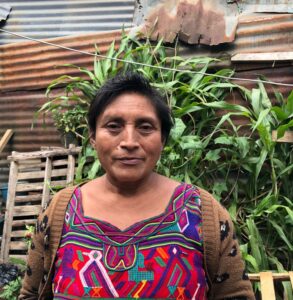How do we talk about participation?
What do we mean when we talk about victim participation? How do we conceptualize the notion of participation in transitional justice so we can study or even evaluate it? In this episode, Justice Visions colleagues Gretel Mejía Bonifazi and Elke Evrard address these theoretical questions and connect them to the struggle of the COCOP community, an Ixil community in the Guatemalan Highlands seeking truth, justice, and redress for a state-led massacre during the armed conflict.
First, we outline why an actor-oriented approach is needed to shed light on the participatory ‘trajectories’ of survivors throughout an ‘ecosystem’ of transitional justice spaces and moments. Then, our interviewees Juan Cobo Brito and Juana Santiago Cedillo share reflections from their own participation trajectory, drawing our attention to the importance of exploring participants’ identities and interests, the different spaces they navigate, the temporalities of participation, and alternative ways of thinking about impact or outcomes.

Juan Cobo Brito
“… what we have is strength, we have made the effort, we are worthy, our lives, have worth and we are going to demand it. […] Because we have to preserve our memories, our stories.”
– Juan is the current Vice-President of the COCOP Victim Committee. He was severely injured during the COCOP massacre and later forced to become part of the Civil Defense Patrols.

Juana Santiago Cedillo
“… that they see our, our conflict, that they see the problems that we face, why did we lose our families? That they recognize it, that is the only thing, the only thing I demand is justice.”
– Juana is a survivor of the COCOP massacre, who after many years of living in Guatemala City, returned to Nebaj to actively seek redress for the crimes committed against her and her family.
To learn more about the community and their struggle, you can read the report “COCOP: Crónicas del genocidio” or listen to the moving song “Los mártires de COCOP” which is part of the Songs of Resistance Compilation.



